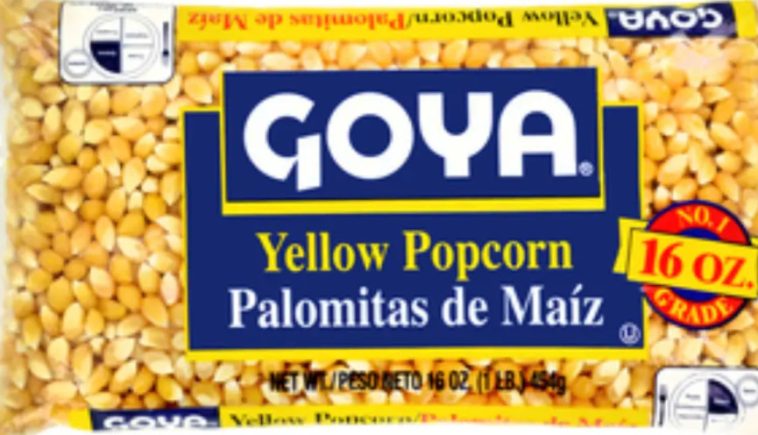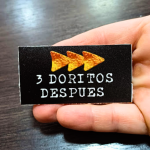Spanish speakers love to stretch meanings, and animal names are a favorite starting point. Over time, many animal words have spawned new meanings, tools, nicknames, or even insults. They often confuse students because they don’t refer to the actual animal anymore. These are the most obvious examples, but I am sure there are many more.
| Animal | Derived Word | English |
| Burro (donkey) | burro (de planchar) | ironing board |
| burro (en clase) | dunce | |
| burrito | burrito (food) | |
| Ratón/Rata (mouse/rat) | ratón (de computadora) | computer mouse |
| rata | thief, euphemism for ratero | |
| Caballo (horse) | caballete | easel (art) |
| caballito | shot (of Tequila) | |
| Gato (cat) | gato (hidráulico) | car jack |
| gatillo | trigger | |
| Perico (parakeet, parrot) | perico (herramienta) | pipe wrench |
| perico (coloquial) | chatterbox | |
| Paloma (dove, pigeon) | paloma (de aprobar) | also palomita, check mark ✔ (in Mexico) |
| paloma (MX) | small, triangular firecracker | |
| Palomitas (MX, Spain) | popcorn | |
| Zorro (fox) | zorro | old fox (sly, experienced person) |
| zorra | sly woman (can be insulting, tramp) | |
| Pato (duck) | hacerse pato | to play dumb |
| Puerco, cerdo, cochino, marrano | pig | slob |
There is also Perro (despicable or mean person), and Perra (wh0re, b1tch). To avoid misunderstandings, people in Latin America frequently call the actual animals perrito and perrita, diminutive, that’s perfectly OK. Like diminutive cagnolina (perrita) in Italian. Vívora, a viper, snake. There are also other words for snake, like culebra and serpiente, but people mostly use vívora for these meanings. Borrego (MX), oveja, sheep, lamb, gullible person. Careful with Perico in narco TV series, that’s the white powder. Cochinito (MX) is a piggy bank.
The animal meaning sometimes disappears completely and only the figurative sense stays. Once you start noticing them, you’ll hear them everywhere — in class, in the street, and even in the news.




